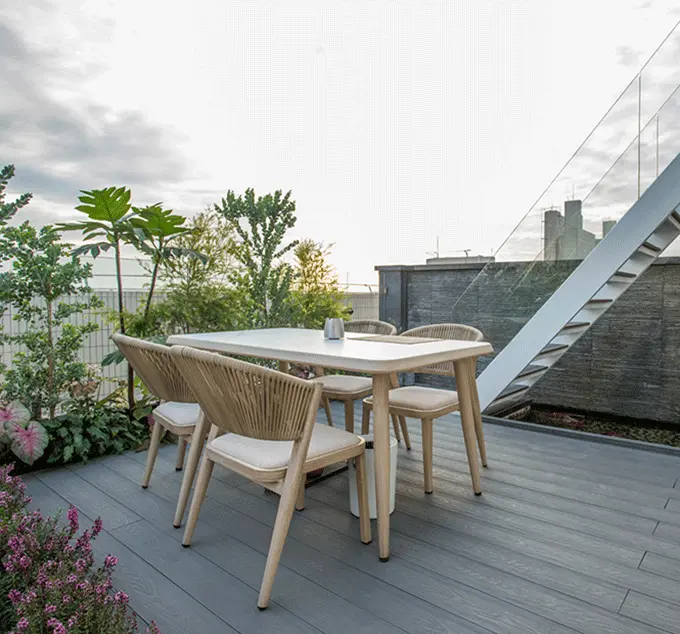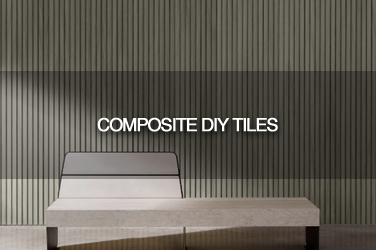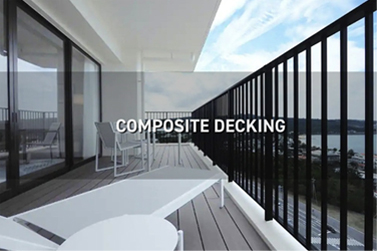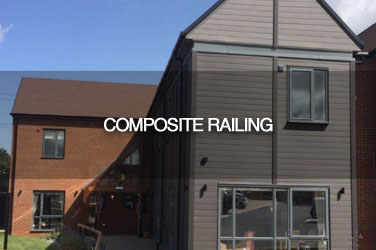When it comes to choosing decking material for your outdoor space, there are plenty of options available. One material that has been gaining popularity in recent years is WPC solid decking. In this blog post, we will explore the benefits of WPC solid decking and compare it to traditional wood decking to help you make an informed choice for your project.
What is WPC Solid Decking?
WPC, which stands for Wood-Plastic Composite, is an innovative decking material made from a combination of wood fibers and recycled plastic. This composite material offers the look and feel of traditional wood decking while providing several advantages.
Advantages of WPC Solid Decking
WPC solid decking offers numerous advantages that make it a superior choice over traditional wood decking.
Durability
WPC solid decking is highly durable and can withstand harsh weather conditions, including moisture, sunlight, and temperature fluctuations. Unlike traditional wood, it does not warp, crack, or splinter, making it a long-lasting option for your outdoor space.
Low Maintenance
Maintaining WPC solid decking is a breeze compared to traditional wood decking. Unlike wood, it does not require regular staining, sealing, or painting. A simple regular cleaning with soap and water is all that is needed to keep it looking its best, saving you time and money in the long run.
Eco-friendly
By choosing WPC solid decking, you are making an environmentally conscious decision. This decking material is made from recycled materials, reducing the consumption of natural resources. Additionally, its long lifespan and low maintenance requirements contribute to a reduced carbon footprint.
Versatility
WPC solid decking comes in a variety of colors and finishes, allowing you to create a customized outdoor space that suits your style. Whether you prefer a modern, sleek look or a more traditional aesthetic, WPC solid decking offers flexibility in design.
Comparing WPC Solid Decking to Traditional Wood Decking
While both WPC solid decking and traditional wood decking have their own unique characteristics, there are several factors to consider when making a choice.
Cost
Initially, traditional wood decking may be cheaper than WPC solid decking. However, when you factor in the cost of maintenance and potential replacement of rotting or damaged boards, WPC solid decking proves to be a more cost-effective choice in the long run.
Longevity
Traditional wood decking requires regular maintenance to maintain its appearance and prevent decay. WPC solid decking, on the other hand, offers a much longer lifespan without the need for extensive maintenance, making it a better investment.
Sustainability
WPC solid decking is made from recycled materials, reducing the demand for new lumber. By choosing WPC, you contribute to sustainable practices and reduce deforestation caused by the logging industry.
In conclusion, WPC solid decking offers numerous advantages over traditional wood decking. Its durability, low maintenance requirements, eco-friendly nature, and versatility make it a superior choice for any outdoor space. While the initial cost may be higher, the long-term benefits of WPC solid decking far outweigh any short-term savings offered by traditional wood. So, if you're looking for a decking material that combines the beauty of wood with the advantages of modern technology, WPC solid decking should definitely be on your radar.







